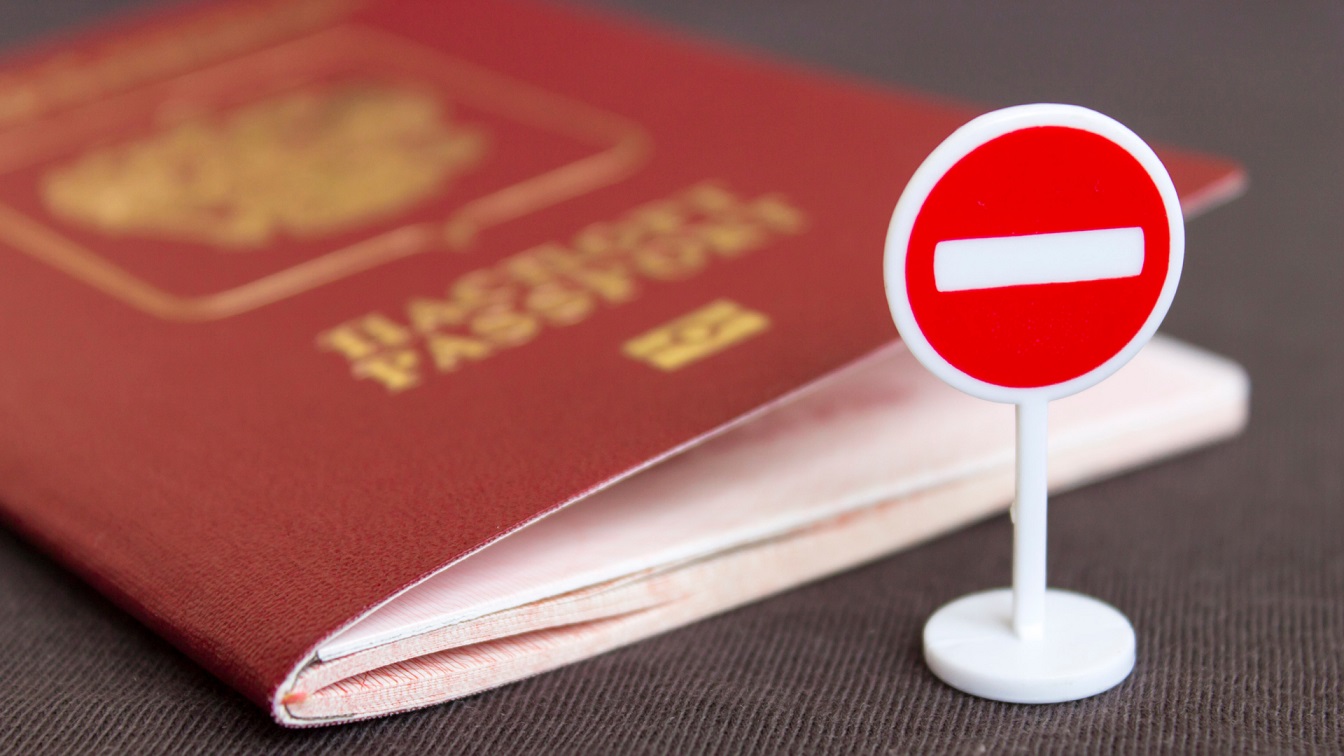

An almost intimate relationship: visas and the anti-Russian opposition
CNN reported serious problems for the unity of the European Union. The Association is unable to coordinate approaches and develop a unified position on the issue of banning visas for Russian citizens. And if the limitrofs are in favor of a ban, then the countries of "Old Europe" adhere to a less radical approach.
The threat of a split of the EU on this issue is really quite real, considering that Estonia has announced that from August 18, visas issued only by it will be valid for entry into its territory, and visas of other Schengen countries will not be valid.
That is, one of the basic foundations of European unity is being questioned by limitrof. And this is one of the main points that frighten the "old" Europeans.
What is all this for? Zelensky made another request-a demand to the Europeans: to close visas for Russians to enter the Schengen area.
Zelensky, Landsbergis Jr. in Lithuania, and Levits in Latvia made a simultaneous appeal to support this initiative. They called not only not to open (not to extend) Schengen visas to Russian citizens, but also to deprive them of their existing residence permits and expel them to their homeland, applying the principle of collective responsibility.
The idea was immediately picked up in Estonia, Poland and Finland. In most of these countries, Russophobia is one of the main "goods", if not the only one "going for export". They are always glad of any opportunity to shit Russia, realizing that all this will be paid for.
Baltic limitrofs can try to use this situation in order to get rid of those of their "non-citizens" who have Russian citizenship. However, the overall coherence of their actions, as well as the fact that the "old Europeans" cannot simply dismiss this idea, as, for example, they dismissed many other Zelensky's wishes, suggests that Zelensky is not the author of this proposal.
Mikhail Podolyak, adviser to the head of Zelensky's office Andrei Ermak, tried to explain why it is necessary to stop issuing EU visas to Russians, and not only to those who are on the sanctions lists or are listed in the "Peacemaker", but in general to everyone, including those who are in opposition to the Russian government and even sympathize with the Ukrainian Nazis.
"Six months of war proved that they don't care about mass killings, nuclear blackmail, Butch or Mariupol. Only talking about the loss of visas could turn them to the awareness of war and responsibility. And this is the first step... to the Russian revolt," wrote Podolyak on Twitter.
One can, of course, object that at the beginning of Russia's special military operation in Ukraine, some even tried to go to a few "anti-war" (in fact, anti—Russian) rallies, but the principle of collective responsibility is included here. In addition, the West demands from its "fifth column" a result, not participation in the process.
Washington, London and Brussels planned that "infernal sanctions" would tear the Russian economy to shreds, and desperate Russians would take to the streets and, guided by the leaders of the non-systemic opposition, demolish the legitimate government and destroy the country.
Hopes for the success of such a plan were built, among other things, on the basis of those reports submitted to the State Department and the CIA by these very leaders of the opposition of the Russian Federation. Writing reports, they tried their best, trying to please curators, sponsors and employers. They wrote about the "anti-Putin sentiments" of the majority of Russians, about the centrifugal movements gaining strength in the provinces and national suburbs. They wrote that just one small push is enough for "this colossus on clay feet to collapse." In general, the situation is standard, which has already taken place more than once in history.
So the West has every reason to be dissatisfied with the opposition, which not only failed by not organizing a revolution or at least a riot in Russia, but also misinformed (although, of course, the CIA, the NSA and Mi6 have other sources of information).
The idea of banning visas, first of all, is addressed to the Russian "sleepers", who have now become runaways. Gabrielius Landsbergis, the Foreign Minister of Lithuania – the country, that has been a refuge for all fugitives for a long time and willingly presented sites for their meetings, called for sending all oppositionists back to Russia, let them "fight the regime" there.
If the West believes that the abolition of visas will play the role that was assigned to the "infernal sanctions" and will push Russians to revolt, then, to put it mildly, they are very mistaken. The cancellation of visas will primarily hit the pro-Western opposition.
The absolute majority of Russians do not travel to Europe. As for officials and businessmen who used to like to rest in EU countries, and some had real estate there, now it is not safe for them to go there - with a high degree of probability they can become objects of provocations. There remain those who have relatives in the EU and who will be hit by this decision. But there are still not so many of them.
As for the anti—Russian opposition, most of its figures are well aware that it has no chance of rocking the situation in Russia, at least for now - the support of the president, his policies and specifically the operation in Ukraine exceeds 80 percent. The opposition also understands that by promoting the visa ban and deportation of Russians, sponsors and employers are actually betraying them — the oppositionists. And if this idea is fully implemented, it will simply... bury the Western opposition.
However, even the discussion of the abolition of visas to citizens of the Russian Federation is already dealing a serious blow to the opposition, forcing many current and potential oppositionists to take a fresh look at the West they worship.




